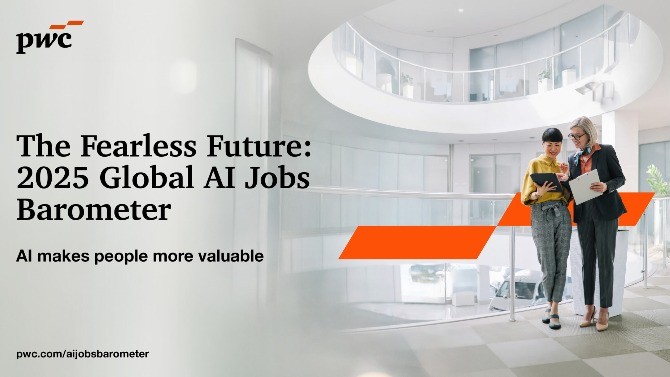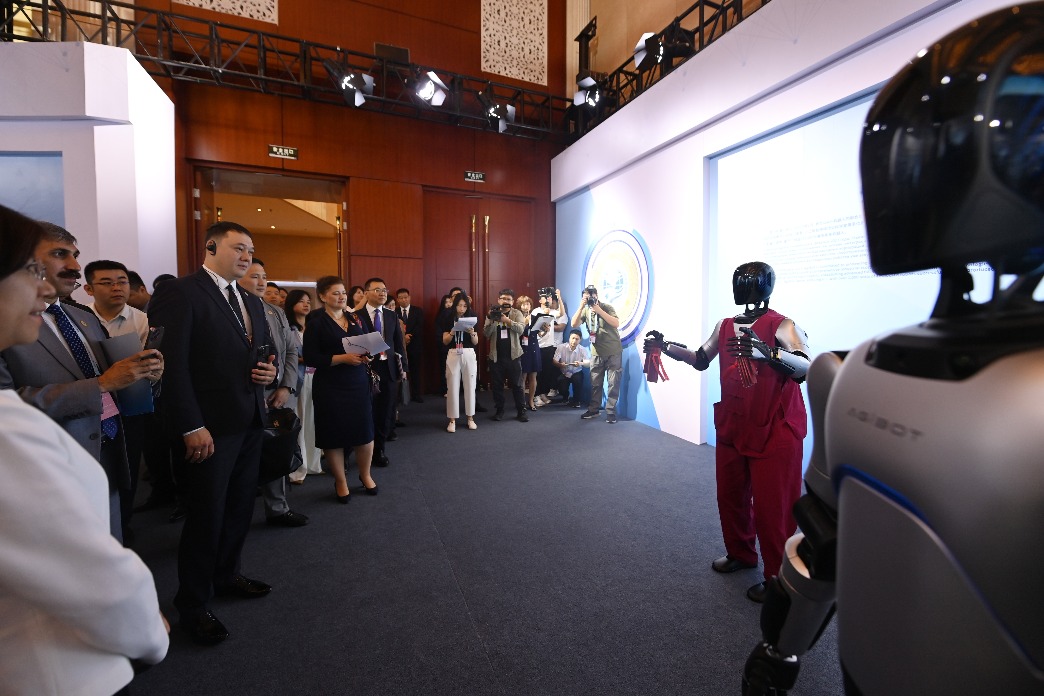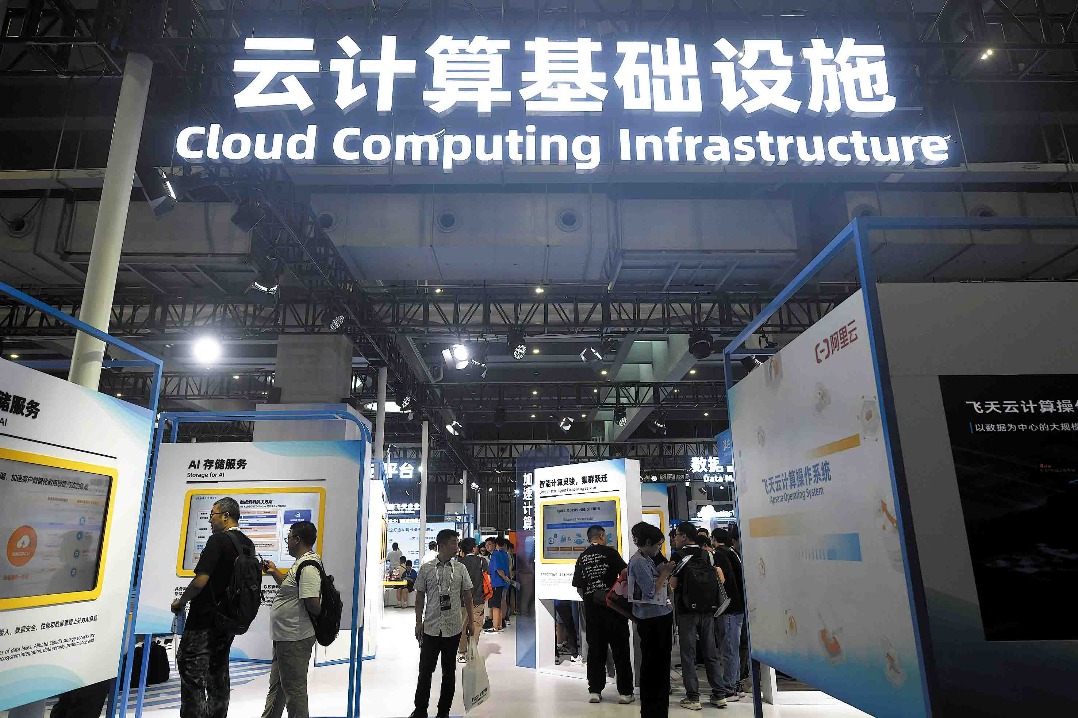Report Highlights 'Refining Intelligence' for Transforming Operations with AI

Artificial intelligence (AI) is rapidly transforming the chemical process industries (CPI), evolving from a futuristic concept into a pivotal driver of operational efficiency and competitive advantage. A significant majority, over 80% of CPI executives surveyed by IBM, anticipate AI will profoundly impact their businesses within the next three years. Companies are already integrating AI in diverse areas such as research and development (74%), manufacturing (61%), risk management (58%), and forecasting (47%) to curtail costs, enhance product quality, and stimulate innovation. Spearheading this technological adoption is TotalEnergies, which has successfully implemented AI-powered knowledge assistants at its Antwerp refinery in Belgium, in a strategic partnership with Sinequa by ChapsVision. These assistants, internally named as MILAa (My Intelligent Learning Application) and JAFAR (Generative AI for Return of Experience), are designed to address persistent challenges in refinery knowledge management and root cause analysis using natural language processing (NLP), machine learning (ML), and intelligent search technologies to unify operational data, minimize downtime, and improve the speed and accuracy of decision-making.
Prior to the deployment of these sophisticated AI solutions, engineers at TotalEnergies encountered substantial obstacles in accessing vital operational data. Critical information, including root cause analysis (RCA) reports, maintenance records, and technical manuals, was often fragmented across siloed systems, stored in disparate and inconsistent formats, and frequently available only in a single language. This reliance on manual, document-intensive methods for problem-solving introduced several major operational risks: prolonged downtime due to delays in identifying the root causes of equipment failures; inconsistent decision-making stemming from the difficulty in sharing learnings across different teams or sites; and recurrent operational incidents that could lead to millions in lost productivity, repair costs, and supply chain disruptions. For instance, a series of multiple pump failures occurring over a two-year span might have been preventable had the relevant RCA data been readily accessible in real-time across all concerned teams.
To surmount these challenges, TotalEnergies collaborated with Sinequa, a recognized leader in enterprise intelligent search, to develop AI assistants meticulously tailored to the specific needs of industrial operators and engineers. The first of these, MILAa, was conceived to consolidate over 1,000 RCA documents from the Antwerp refinery into a centralized, AI-enhanced knowledge base. Built upon Sinequa’s robust enterprise search platform, MILAa employs domain-specific ontologies to meticulously extract and organize structured information. This includes critical data points such as equipment types, specific failure modes, durations of downtime, and the documented effectiveness of various remedial actions undertaken. Engineers can interact with MILAa using natural language queries, drastically reducing the time and effort previously required to locate pertinent data. By obviating the need to manually sift through voluminous and dense technical reports, MILAa not only streamlines the problem-solving process but also crucially facilitates cross-site learning. This capability aids in standardizing operational responses and preventive maintenance strategies throughout TotalEnergies’ global network of refinery operations.
To further enhance usability and interaction, TotalEnergies deployed JAFAR, a generative AI assistant designed to convert static documents into dynamic, conversational insights. JAFAR effectively extends MILAa’s foundational capabilities by automatically translating technical RCA documents into multiple languages, including French, Dutch, German, and English, while critically preserving industry-specific terminology. This advanced translation is made possible through a custom-built internal dictionary that supplements the base AI model, ensuring that the AI accurately understands TotalEnergies’ unique operational language and acronyms. Pierre Jallais, lead architect for Smart Search Engines and LLMs at TotalEnergies, highlighted the complexity, stating, “Automatically translating these documents is no easy task, as they contain technical language and terminology specific to TotalEnergies’ core business... with Sinequa, we were able to enhance the default model by integrating an internally developed dictionary. This provides JAFAR with more context, enabling it to better understand and process our unique documents.” This domain-specific enhancement empowers JAFAR to segment RCA content effectively, extract discernible failure patterns, and summarize complex data in a format that is both technically precise and easily navigable, thereby dramatically improving how engineers interact with and leverage operational knowledge.
The implementation of MILAa and JAFAR, which went live in February 2024, has already yielded measurable performance improvements at TotalEnergies’ Antwerp refinery. These AI systems have significantly reduced the time required to perform comprehensive root cause analyses, thereby accelerating decision-making processes, especially during critical operational events. Impressively, within the first six months of operation, insights derived from these tools informed crucial decisions that helped prevent three major equipment failures. Each of these potential failures could have otherwise resulted in millions of dollars in operational losses, underscoring the immediate financial and operational benefits of the AI deployment.
The drive to minimize operational disruptions is critical, as issues, disruptions, and downtime can inflict substantial financial damage on refineries, often amounting to millions in losses. A global survey of over 3,000 plant maintenance decision-makers, commissioned by ABB, revealed that over two-thirds of industrial businesses experience unplanned outages at least once a month, with the typical cost to a business being close to $125,000 per hour, potentially accumulating to one million dollars per eight-hour shift. Furthermore, a study by Kimberlite focusing on the oil-and-gas industry indicated that unplanned downtime can cost offshore organizations an average of $38 million annually, with the worst-performing organizations facing financial impacts exceeding $88 million per year. Even a seemingly minor 1% downtime rate, which translates to approximately 3.65 days, can result in costs exceeding $5 million annually for a facility. These figures starkly illustrate the economic imperative for solutions like AI that enhance reliability and uptime.
While TotalEnergies’ current AI focus is on enhancing operational knowledge access and equipment uptime, AI's transformative impact is being felt across other segments of the chemical sector as well. In research and development, machine learning algorithms are instrumental in helping scientists identify promising new molecules, optimize complex chemical formulas, and forecast the efficacy of new products, thereby accelerating product development cycles and reducing associated costs. In the realm of supply-chain planning, AI has demonstrated the capability to reduce forecasting errors by as much as 50%. This improvement assists companies in more effectively managing raw material procurement, reducing inventory waste, and enhancing overall logistical efficiency. These AI tools also support predictive forecasting, enabling CPI firms to better anticipate market shifts in pricing and fluctuations in demand, which in turn contributes to increased profitability and greater supply-chain agility. TotalEnergies’ AI deployment at the Antwerp refinery is a logical extension of these broader industry innovations, applying similar advanced analytical techniques to improve equipment reliability, maintenance planning, and operational safety protocols.
In conclusion, TotalEnergies' pioneering adoption of AI-powered knowledge assistants like MILAa and JAFAR at its Antwerp refinery exemplifies the profound potential of artificial intelligence to revolutionize industrial operations. By tackling long-standing challenges in knowledge management, significantly reducing the time for critical analyses, and demonstrably preventing costly equipment failures, these AI systems are not merely enhancing efficiency but are fundamentally reshaping how complex industrial facilities operate and maintain their competitive edge in a rapidly evolving global market.













